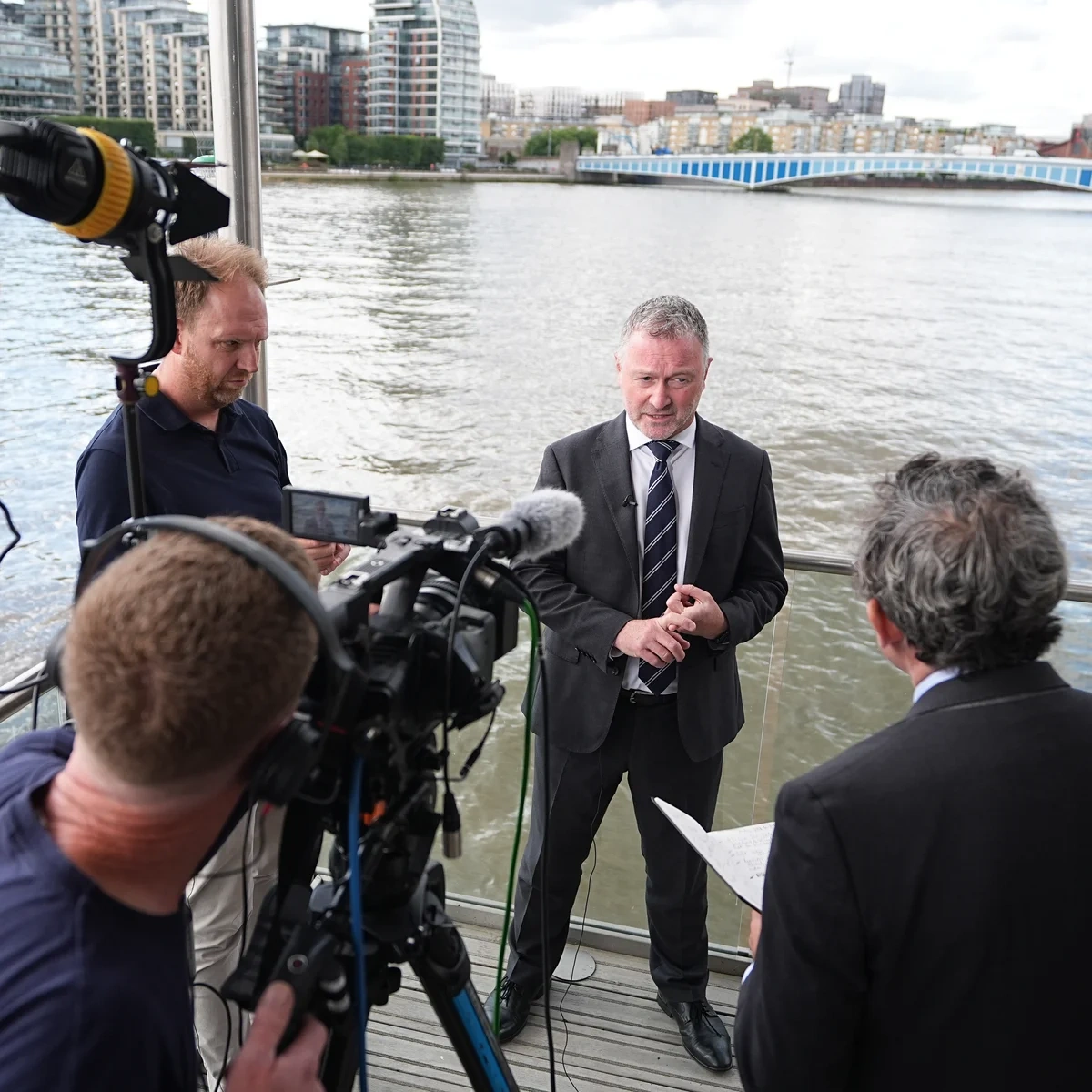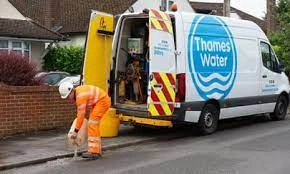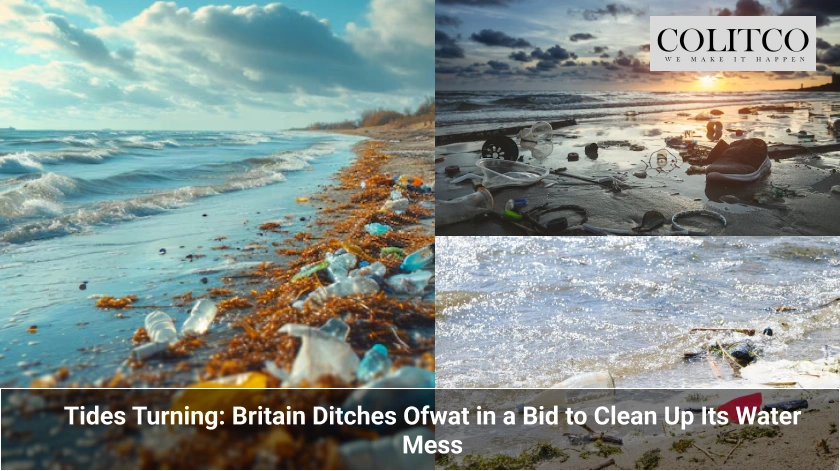It’s been a long time coming, but Britain is finally taking its water woes seriously. In a monumental move that’s sending ripples across the industry, the government has announced it’s scrapping Ofwat, the embattled water regulator, in what is being dubbed the “biggest overhaul of water since privatisation.” Think of it as a comprehensive overhaul of the nation’s plumbing system.

Environment Secretary Steve Reed announced the abolition of water regulator Ofwat to the media.
This wasn’t some snap decision; it was triggered by a blistering report from Sir Jon Cunliffe’s Independent Water Commission. And Cunliffe didn’t pull any punches. He essentially likened the state of England and Wales’s water industry to the modern-day “Great Stink of 1858”—a striking comparison. He highlighted failing infrastructure, endless debates, and a public that’s just plain fed up. His message was clear: this whole system needs a “fundamental reform”, from how we manage water demand to how companies are run and regulated.
What Went Wrong, and What’s Next?
Cunliffe’s report, packed with 88 recommendations, laid bare the systemic problems. For years, critics have slammed Ofwat’s “desk-based” approach, arguing it was too slow to act on pollution and too soft on executive pay. Despite attempts to crack down, water companies often found ways around penalties, leaving a bad taste in everyone’s mouth.
So, what’s the big fix? The government is aiming for a “new, single, powerful regulator.” This isn’t just a rebrand; it’s a consolidation. This new body will assume all water-related duties currently spread across Ofwat, the Environment Agency, Natural England, and the Drinking Water Inspectorate. The idea is to cut through the “complexity” that, frankly, hasn’t served anyone well.

Pipe repairs in south-west London
The vision is for this new regulator to be a fierce advocate for customers, investors, and the environment, thereby putting an end to past abuses and paving the way for billions of dollars in new investment. While it might take a couple of years to get this new entity fully up and running (Cunliffe’s estimate), here’s what we can expect:
- One-Stop Shop: By bringing everything under one roof, the goal is to create a more cohesive and effective regulatory system, addressing the fragmentation that has held things back.
- Real Teeth: This new regulator is expected to have stronger powers to enforce environmental standards, protect consumers from runaway bills, and ensure companies actually invest in infrastructure instead of just enriching shareholders.
- Customer First: There’s also a push for a new, mandatory Water Ombudsman to make it easier for people to get their complaints heard and resolved.
- More innovative Water Use: A faster rollout of compulsory smart water meters is on the cards, which should help us all manage water better and reduce waste.
‘Government has lost control of this industry’
Campaigner Feargal Sharkey spoke to #BBCBreakfast after the publication of a major report into the water industry in England and Wales including replacing the water regulator Ofwat and introducing mandatory water meters… pic.twitter.com/iND1OixRIh
— BBC Breakfast (@BBCBreakfast) July 21, 2025
The Elephant in the Room: Public Ownership
Now, while there’s a lot of talk about this “new dawn,” not everyone’s cheering. The opposition, particularly the Conservatives, is “cautiously welcoming” the report, focusing on investor confidence and water quality. But a big point of contention has been the deliberate omission of water sector nationalisation from Cunliffe’s review.
Sharon Graham, general secretary of Unite, didn’t mince words, calling the report a “bad joke.” She argued that a new regulator won’t magically fix the problems that stem from privatisation, especially with bills set to soar and rivers still brimming with sewage. The Green Party echoed this, with co-leader Adrian Ramsay MP suggesting that public ownership is the “only real way” to get the water industry to clean up its act.
And let’s not forget the High Pay Centre, which is miffed that there are no recommendations to cap executive pay. They see that as crucial for rebuilding public trust.
What Happens Next?
So, Britain’s water industry is in for a significant shake-up. While eliminating Ofwat and introducing a potent new regulator sounds promising, the real test will be whether these reforms translate into cleaner rivers, fewer leaks, and fairer bills. The government plans to release a white paper this autumn, detailing its comprehensive response and the legislative steps it will take.
It’s a critical moment for the UK’s water. Will this sweeping reform finally deliver a cleaner, more efficient, and accountable water system, or will we find ourselves back at square one, still facing the same old problems? Only time will tell.












